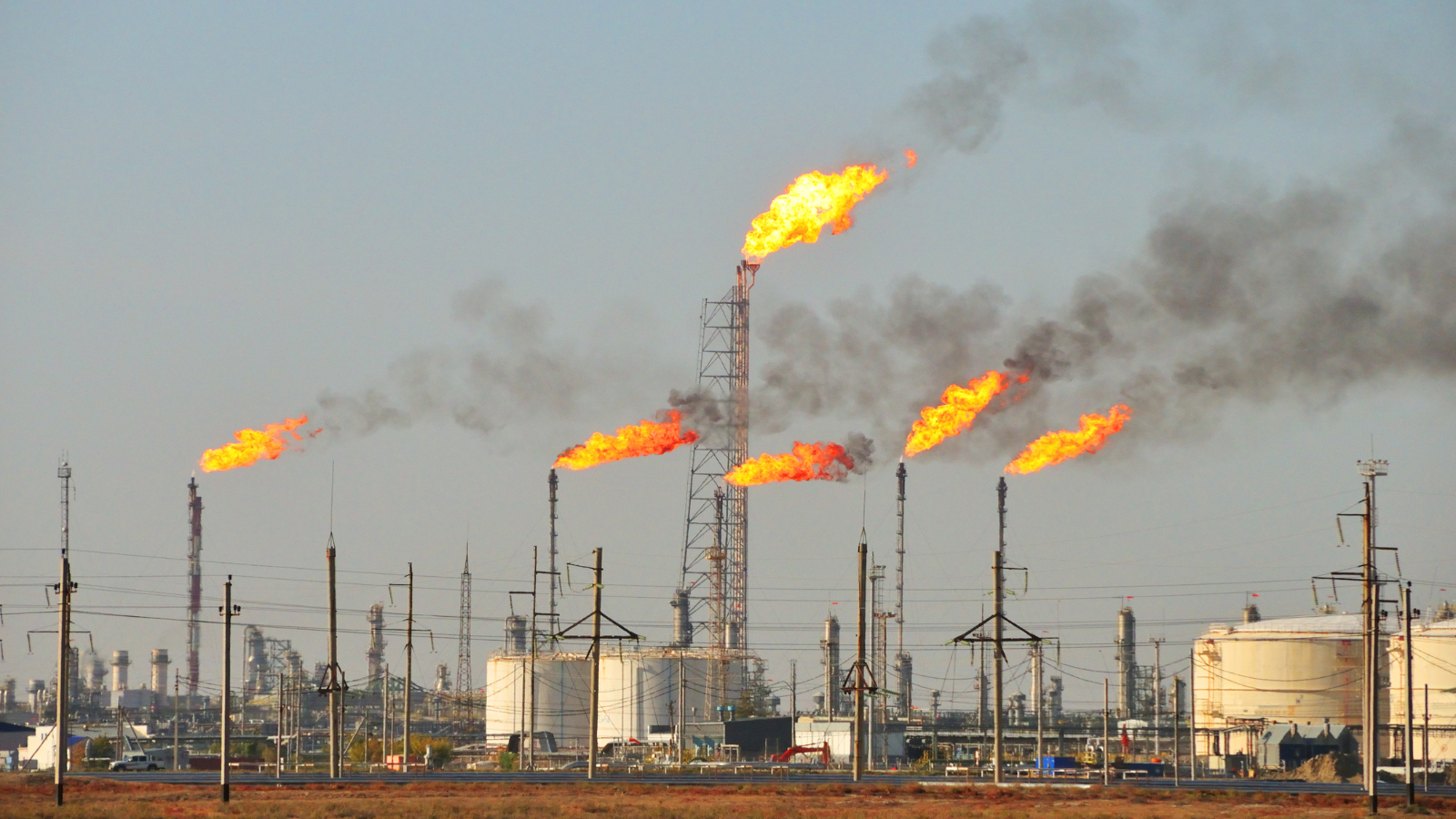OTTAWA/TRADITIONAL, UNCEDED TERRITORY OF THE ALGONQUIN ANISHINAABEG PEOPLE — Today, the federal government introduced a framework policy to cut emissions from the oil and gas sector. Moments later, it tabled the first progress report under the Canadian Net Zero Emissions Accountability Act in Parliament. The report shows that Canada’s emissions are declining and are on track to meeting the midpoint objective in 2026, but that Canada will miss the 2030 target unless further action is taken.
Alan Andrews, Ecojustice climate program director, said:
“The report shows that Canada is making progress on tackling the climate crisis but we will miss our climate goals unless we drive down emissions in the most polluting industry: oil and gas.
“So today’s announcement of a framework emissions cap is a big step forward. A strong cap is absolutely essential to plug a major hole in Canada’s climate plan and ensure that we achieve the 2030 target.
“It is disappointing to see that industry lobbying has led to a cap that is weaker than our nation-wide emissions target of a 40-45 per cent reduction by 2030. This will inevitably mean the rest of the economy will have to take up the slack.
“We are also wary that this is still only a framework: The federal government must move without delay to adopt regulations that will implement the cap while ensuring they close the loopholes that will undermine the cap’s integrity.”
“Today’s Progress Report on the federal Emissions Reduction Plan is an important improvement on previous climate reports in terms of detail, rigor and transparency. In particular, this report opens up the government’s climate modelling more than ever before, such as by showing which measures are included in the emissions projections. This is the type of transparency and accountability we expected the Canadian Net Zero Emissions Accountability Act to deliver.”
“However, there are still key information gaps. For example, we expected the Report to include a discussion on our progress to the 2050 target, more clarity on our emissions in 2023, and detailed indicators on the implementation of key measures.”
“After a year in which Canada was ravaged by record wildfires, searing heatwaves and devastating floods, we need our governments to be completely transparent with us about how well their plan is working, and the scale of the challenge ahead.”
Background:
- The Progress Report is required by the end of 2023 as part of the broader accountability framework under the Canadian Net-Zero Emissions Accountability Act.
- Section 14 of the Act sets out the contents that the report must include.
- Under this Act, Canada’s emissions reduction goalsare:
- 2026 interim objective: 20 per cent below 2005 levels;
- 2030 target: 40-45 per cent below 2005 levels; and
- 2050 target: Net-zero emissions.
- The Report projects Canada’s emissions out to 2035 using modeling of the expected impact of climate policies that have already been implemented and some that are currently under development.
- The Report projects that, if the modeled measures are fully implemented, Canada’s emissions will be reduced (below 2005 levels) by:
- 21.7 per cent by 2026;
- 36.2 per cent by 2030; and
- 42.2 per cent by 2035.
About:
Ecojustice uses the power of the law to defend nature, combat climate change and fight for a healthy environment. Its strategic, public interest lawsuits and advocacy lead to precedent-setting court decisions, law and policy that deliver lasting solutions to Canada’s most urgent environmental problems. As Canada’s largest environmental law charity, Ecojustice operates offices in Vancouver, Calgary, Toronto, Ottawa and Halifax.


